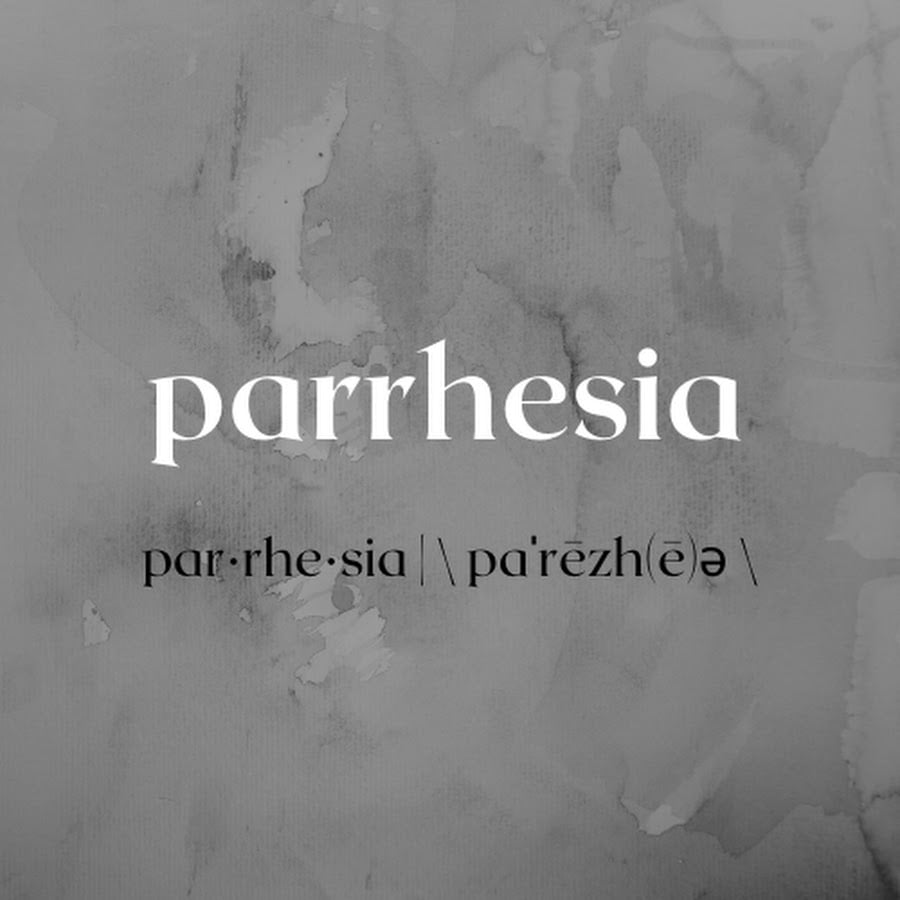Going against the tide
Parrhesia Collective
"Unfortunately, both mourning and solidarity require courage today, but actually living requires courage. Hope requires courage. Justice requires courage."
After the murder of her husband Hrant Dink, Rakel Dink shared these words with the crowd that gathered in front of the Sebat Building* for the first commemoration ceremony of her dear husband. Hope and justice both require courage. In a country and a world where bringing the truth to the surface often ends up in punishment or death, we continue to live with perseverance and not give up hope. 17 years later, we are still in a reality where instead of the power of justice, (in)justice of the power holders prevails. In a speech in 2022, Rakel Dink reminded us that without truth we cannot live safely in this world: "Truth is the foundation, solid rock on which we will build our house. Truth is solid rock." Without the support of that solid rock, we cannot mourn, nor can we envision a future full of security.

In April 2021, in one of our social media posts, we said, "It takes courage to both utter and listen to the truth." It is difficult to tell the truth, but it is even more difficult for those who hear it to live by it, and even more difficult for those who hear it to live in accordance with what that truth requires. And often an entire social structure encourages the opposite, that is, to live with lies against the truth. It is not easy for those who do not witness the manifestation of justice in daily life to develop a sense of justice; they often have to be content with what they have, prefer the lesser of two evils, and console themselves with the "yes”es. In a life lived against the truth, neither the feeling nor the manifestation of justice is possible.
How should we read the fact that a people who have been struggling for justice and truth for nearly two centuries are forced to tell their own truth, and are subjected to the same injustice while being forced to tell it? Expecting generations of survivors to 'tell' about the inequalities, injustices and exiles they have suffered is one of the most profound forms of violence that can be inflicted on them and opens the door to other forms of violence. The only way to combat this is for the generations born to those who caused injustices and policies of extermination to confront these crimes, educate themselves to develop sensitivities in this direction and play a transformative role in their societies. This way, in the long run, the burden is taken off of the victim groups.
All the great and powerful countries of the world have a history of colonial crimes. Moreover, contrary to what many claim, these crimes did not end with the creation of nation states. Not talking about the continuity of these crimes and their repercussions today means hiding great truths from new generations, leaving them a more difficult, more unjust, more polluted world to live in.
Hrant Dink, who comes from an Armenian family from Malatya, took on his historical identity by leaving his daily life in the middle of the gap between the province (kawar) and Istanbul. It is an identity woven with annihilation, the erasure of traces, inconsolable mourning, and an endless sense of injustice. This year, as every year, we will gather in front of the Sebat Building to try to continue our process of mourning. To be together on this difficult day, to be able to stand side by side, accompanied by each other's silence, to see that we can stand, will be a representation of our persistence for the truth.
*More on Sebat Building can be found here.



